Helping You Give Thoughtfully, Today and for the Future.
For many individuals and families, philanthropy is more than generosity, it’s part of their legacy. We help you explore giving strategies that reflect your values and align with your long-term financial goals.
Giving With Purpose And Planning In Mind
Planned giving is the process of making charitable contributions as part of a broader financial, estate, or tax strategy. Whether you’re passionate about a specific cause or looking for ways to give back over time, integrating philanthropy into your financial plan can provide clarity and intention.
At Premier Investments & Wealth Management, we work with clients to explore giving strategies that align with both their financial picture and their personal values. Our role is to help align your giving and long-term goals while being mindful of timing, impact, and structure.
Common Charitable Planning Strategies
There are many ways to incorporate charitable giving into your financial plan. Some options may offer potential tax benefits, income strategies, or estate planning advantages—depending on how they’re structured and your overall objectives.
-
This includes direct gifts to qualified charitable organizations, such as cash donations, appreciated securities, or contributions made through donor-advised funds. These gifts may be made as one-time contributions or on a recurring basis, depending on your charitable priorities.
-
In today’s tax environment, the standard deduction has increased, which means fewer individuals itemize their deductions in any given year. As a result, some donors choose to “bunch” multiple years of charitable giving into a single tax year to exceed the standard deduction threshold and potentially receive a larger itemized deduction in that year. This strategy can be especially effective when combined with donor-advised funds or gifts of appreciated securities, depending on your situation.
-
For individuals age 70½ or older, a qualified charitable distribution allows funds to be transferred directly from an IRA to a qualified charity. QCDs can count toward required minimum distributions (RMDs) and may reduce taxable income, subject to annual limits and eligibility.
-
A donor-advised fund allows you to make a charitable contribution and recommend grants over time to one or more charities of your choice. DAFs can be helpful for those who want to contribute during high-income years, receive an immediate potential tax benefit, and make grants gradually.
-
More complex strategies, such as charitable remainder trusts or charitable lead trusts, may be appropriate in certain estate or legacy planning scenarios. These vehicles can help fulfill philanthropic goals while also addressing wealth transfer or income objectives. We work alongside your estate attorney and tax advisor when evaluating these options.

Ready to Explore Charitable Planning?
If giving is part of your financial vision, we’re here to help you explore the options and design a thoughtful strategy. Whether you're looking to give today, over time, or as part of your estate plan, we can help you take the next step with purpose.

